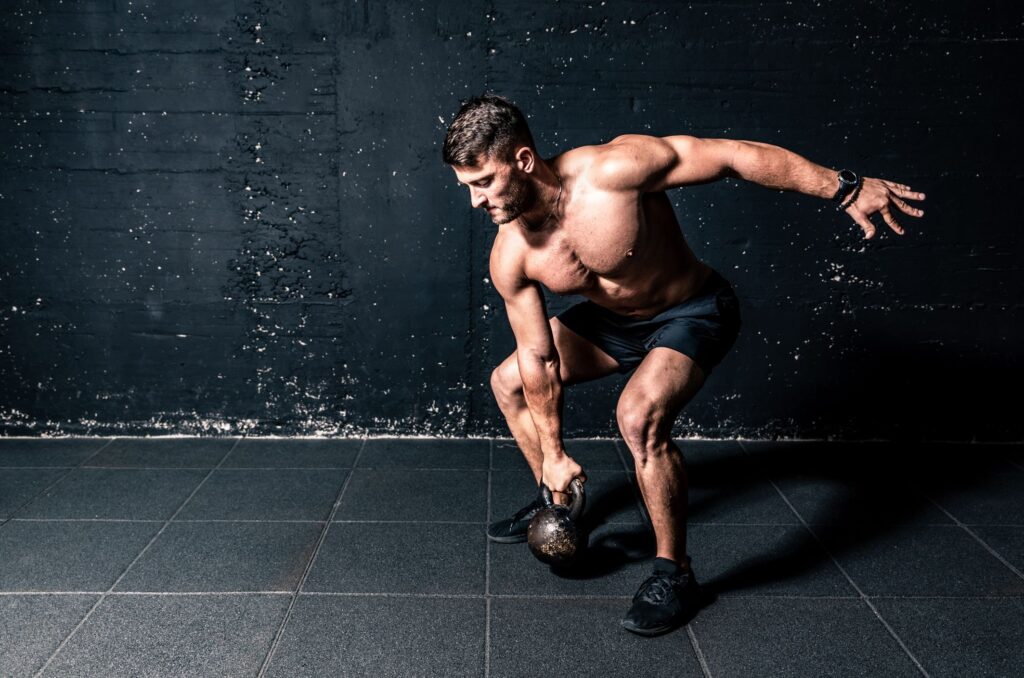
It’s the most legal stimulant that’s easy to buy; Caffeine. We all have tried it and seen its remarkable effects. The real question here is not if it works. But rather if it’s really that good for us in the first place? Most studies are inconclusive in stating whether or not dependence on a stimulant like this is beneficial to our health, but let’s face it, bodybuilding is not exactly the most healthy sport to indulge in.
The origin of caffeine can be dated back to the 1800’s. It’s actually a chemical/poison which plants use as a pesticide. It was noticed by ancient farmers when their animals would eat plants, and suddenly have a boost of energy.
This led to the European development of coffee, which is loaded with caffeine. Coffee is a bodybuilder’s savior when it comes to dieting because not only does it allow sustained energy levels. But it contains less than 2 calories!
Can boost metabolism and fat burning
Because of its ability to stimulate the central nervous system. Caffeine can increase metabolism by up to 11% and fat burning by up to 13%. In practical terms, by consuming 300 mg of caffeine per day, you can burn an additional 79 calories daily.
That amount may seem small, but it’s similar to the calorie surplus responsible for the average 2.2 pound (1 kg) weight gain in Americans each year.
However, a 12-year study of caffeine and weight gain found that the participants who drank the most coffee were. On average, only 0.4 to 0.5 kg lighter at the end of the study.
Can improve exercise performance

When it comes to exercise, caffeine can increase the use of fat for fuel. This is beneficial because it can help glucose stored in muscles last longer. Potentially delaying the time it takes for your muscles to reach fatigue.
Caffeine can also improve muscle contractions and increase tolerance to fatigue.
Researchers observed that doses of 2.3 mg per pound (5 mg per kg) of body weight improved endurance performance by up to 5% when taken 1 hour before exercise.
Doses as low as 1.4 mg per pound (3 mg per kg) of body weight may be enough to see the benefits.
Additionally, studies report similar benefits in team sports, high-intensity workouts, and resistance exercises. Finally, it can also reduce perceived exertion during exercise by up to 5.6%, making exercise feel easier.
